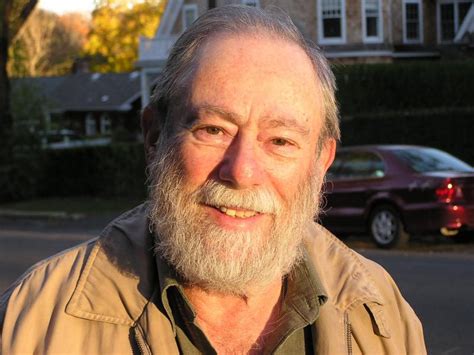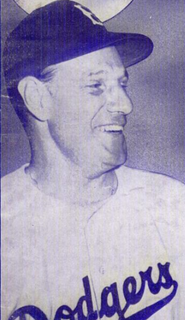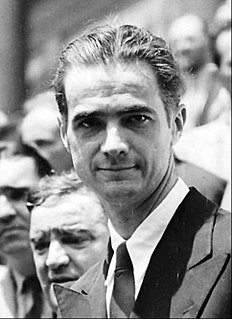A Quote by Jeanette Winterson
I wanted to write a new fable and see how many rules you could break.
Related Quotes
I used to think that when I grew up there wouldn't be so many rules. Back in elementary school there were rules about what entrance you used in the morning, what door you used going home, when you could talk in the library, how many paper towels you could use in the rest room, and how many drinks of water you could get during recess. And there was always somebody watching to make sure. What I'm finding out about growing older is that there are just as many rules about lots of things, but there's nobody watching.
"Look," I said, "We knew Jason and Becky would be back, the break would end. This isn't a surprise, it's what's supposed to happen. It's what we wanted. Right?" "Is it?" he asked. "Is it what you want?" Whether he intended it to be or not, this was the final question, the last Truth. If I said what I really thought, I was opening myself up for a hurt bigger than I could even imagine. I didn't have it in me. We changed and altered so many rules, but it was this one, the only one when we'd started, that I would break. "Yes," I said.
Go where the pleasure is in your writing. Go where the pain is. Write the book you would like to read. Write the book you have been trying to find but have not found. But write. And remember, there are no rules for our profession. Ignore rules. Ignore what I say here if it doesn't help you. Do it your own way. Every writer knows fear and discouragement. Just write.The world is crying for new writing. It is crying for fresh and original voices and new characters and new stories. If you won't write the classics of tomorrow, well, we will not have any.
Italian is a very different poetic situation and there are these hard and fast rhythmic periods, settenari, ottonari of seven and eight syllables. These are fundamental to the way people speak and write and breaking them is more radical in Italian than when we break a line. I'm sure there are Italian poets who want to write poetry as prose and break these Petrarchan rules. And breaking them is fun and a valid thing to do. But I'm more interested in trying to write poetry that absorbs tradition and uses it in new ways, and doesn't throw it out.
I made the rules I figured I could be the one to break them. I thought I would write about xenophobia, a hatred of foreigners. After I stated writing the story there was not a foreigner to be had. I did not want to just stick one in there so I could get a title out of it since it seemed like cheating. I never figured out how I could get out of this dilemma so I just called it X and weaved X traits into the story.
Individuals who break through by inventing a new paradigm are almost always either very young men or very new to the field whose paradigm they change. These are the men who, being little committed by prior practice to the traditional rules of normal science, are particularly likely to see that those rules no longer define a playable game and conceive another set that can replace them.





































